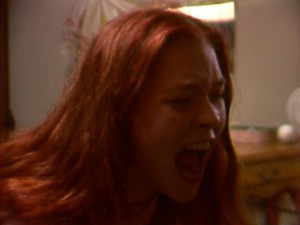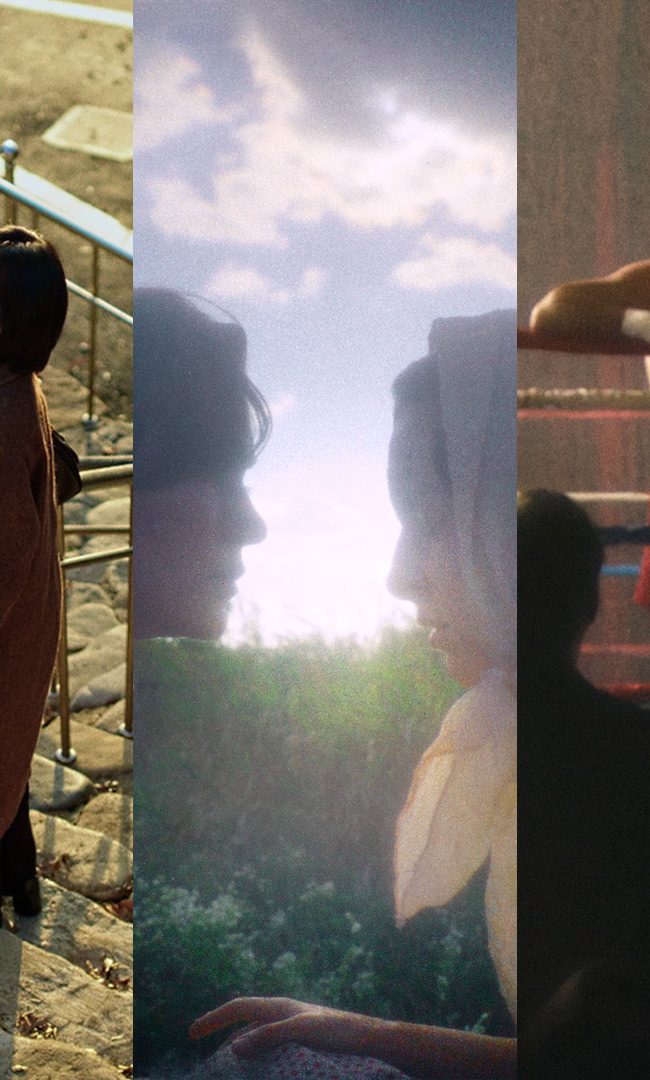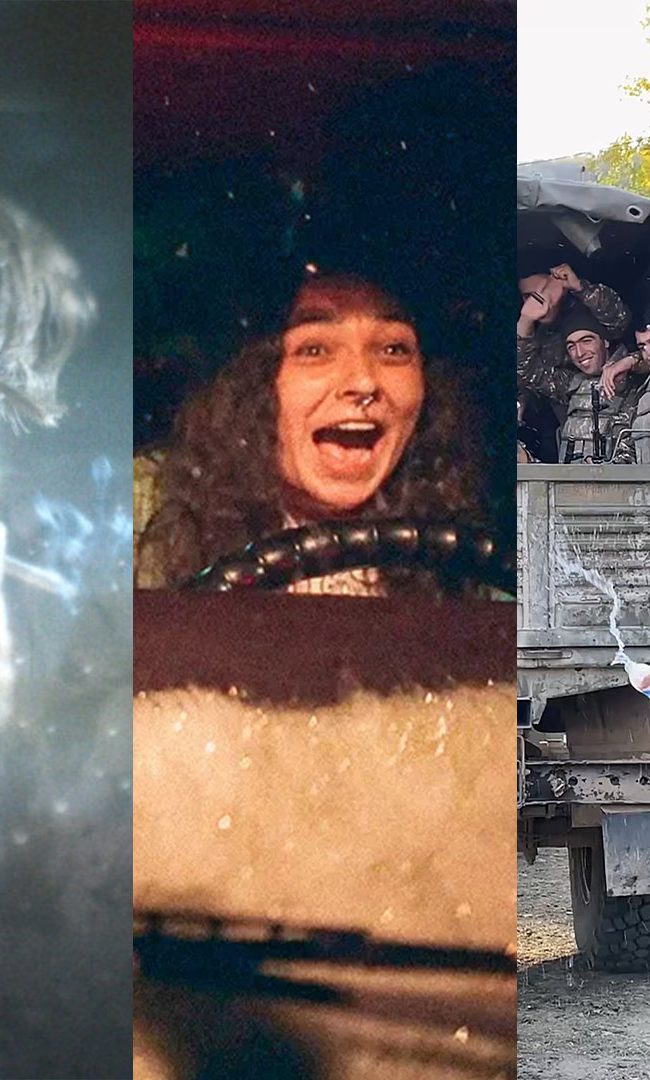
(Prolific indepdendent filmmaker Nathan Silver turns in another awesome examination of interpersonal relationships with his latest film Stinking Heaven. This black comedy is currently making the festival rounds so keep an eye out for it this spring.)
“I don’t know why we’re all of a sudden acting like we’re these conventional people,” says Jim, the head of the household, in Nathan Silver’s new film Stinking Heaven, suggesting that the traditional ritual of a funeral shouldn’t have to be attended simply for the sake of it. Argues another character, more pragmatically: “Funerals are for the living, and to support the people who are there, it’s not about the guy who died.” The conflicting viewpoints here show a microcosm for these characters’ lives together. Their professed devotion to live according to their ideals and rules conflict against the demands of the world — even the small world they have created amongst themselves. Silver’s characters are desperately trying to transcend their broken lives, and although they may shun outside society to a large degree, they still find themselves clashing against one another. Often, ideals are so difficult to live by that they aren’t, hence the film’s title, Stinking Heaven.
Jim (Keith Poulson) and Lucy (Deragh Campbell) are a married couple who run a home for former addicts, who all share the house and live together as intimately as one can imagine. As the film opens, Kevin (Henri Douvry) and Betty (Eleonore Hendricks) are getting married in an informal ceremony. Afterward, Jim asks Lucy if she thinks the wedding was a good idea — revealing his awareness that the good intentions of the day could possibly lead to harm later on. And they do when Ann (Hannah Gross), Betty’s former drug buddy, shows up and is taken in by the members of the house. This sets in motion the movie’s most dramatic events after which the household will never be the same.
There isn’t a main character in Stinking Heaven — even Jim and Lucy aren’t emphasized more than the other characters — and Silver seems to be most interested in the group dynamics that arise from these uncommon circumstances. The relationships between the characters are never made overt or obvious, and often key moments are passed over so quickly that they are easily missed. The explanation for Alex’s mocking of Gene’s reenactment late in the film may be found earlier when Alex vents his frustration at Gene’s laziness — a seemingly unimportant off-screen comment. Lucy, the most opaque of all the house’s members, gives a single, phony smile late in the film that tells us everything we need to know about her relationship with Jim.
It isn’t all despair in the household: the members play games together at the park, play music, shower outside together, and regularly reenact the lowest points of their addiction in front of the rest of the group (which often leads to humiliation as much as its intended catharsis). Silver may be suspicious of the groups’ hippie ideals (he’s admitted as much in interviews) but it never seems as though he is passing judgment on his characters.
Stinking Heaven possesses a hazy, documentary-like realism, achieved with a professional video camera from the ‘80s, with Silver simply reporting what he sees. His use of improvisation is evident; nothing feels canned or forced. The setting of 1990 Passaic, New Jersey feels like the perfect milieu — pared away of smart phones and social media, the film can get down to its gritty business.
– Michael McWay (@Grand_Epic)












